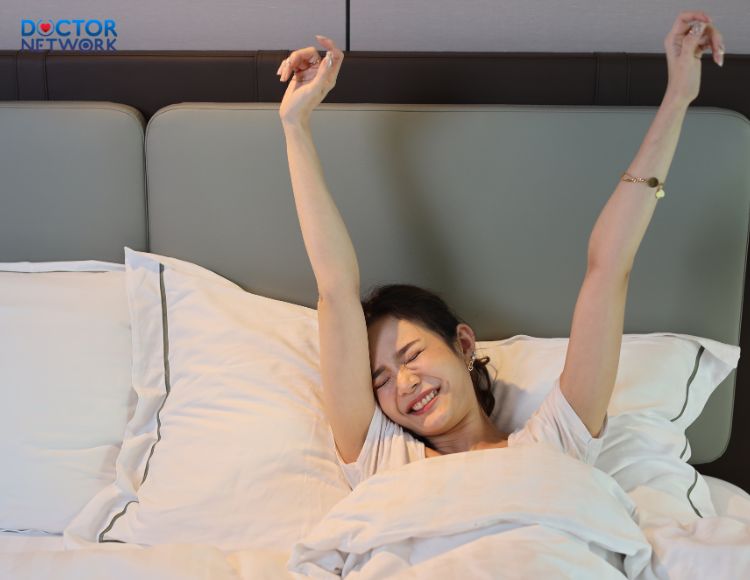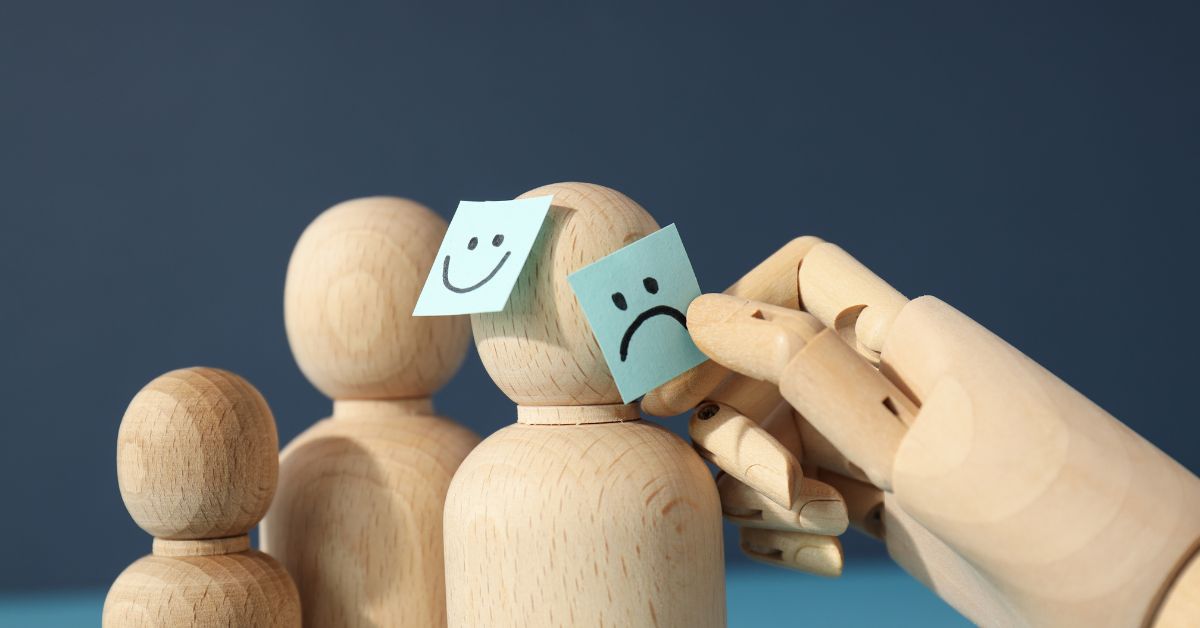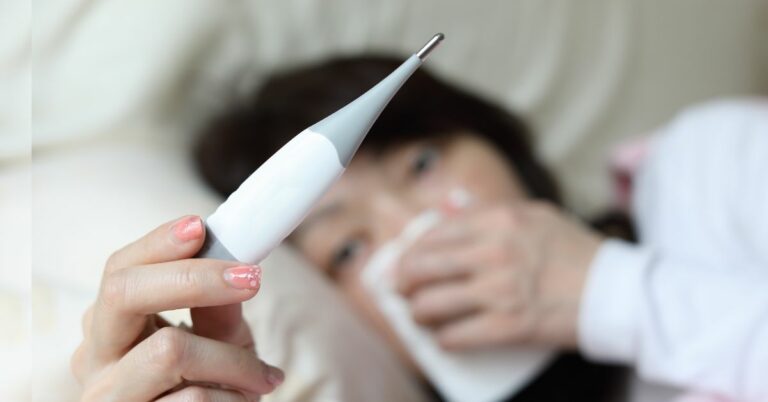In modern life’s bustling pace, staying up late seems to have become an inevitable habit for many. However, behind those late-night work, study, or entertainment sessions lie significant health risks. In fact, many wonder: Does staying up late lead to early death?
Does staying up late lead to early death?
Scientific studies have indicated that frequently staying up late can indeed increase the risk of premature death. A study of over 500,000 individuals in the UK showed that those with a habit of staying up late had a mortality rate about 10% higher than those who slept enough and on time.

Scientific studies have shown that staying up late regularly can increase the risk of early death
Staying up late and its detrimental effects on overall health
Staying up late damages various aspects of human health:
- Impaired brain function: Staying up late deprives the brain of adequate rest, leading to fatigue, lack of concentration, and memory decline. Over time, the risk of developing psychological disorders such as depression and anxiety also significantly increases.
- Increased cardiovascular risk: Staying up late disrupts blood pressure, heart rate, increasing the risk of dangerous conditions such as coronary artery disease, stroke.
- Weakened immune system: Sleep deprivation makes the body vulnerable to disease-causing agents.
- Metabolic disorders: Staying up late increases the risk of type 2 diabetes, obesity, and other metabolic syndromes.
- Early onset of aging: Staying up late damages cells, reduces collagen production, accelerating the aging process.
Why does staying up late lead to early death?
There are several reasons why staying up late adversely affects longevity:
- Disruption of the biological clock: The human body operates on a natural biological rhythm.
- Staying up late consistently disrupts this clock, causing disturbances in critical functions.
- Decreased sleep quality: Staying up late equates to insufficient and poor-quality sleep, preventing the body from recovering and replenishing energy.
- Unhealthy lifestyle habits: Staying up late often accompanies unhealthy eating habits, lack of exercise, and increased use of stimulants – all contributing to elevated health risks.
- Elevated stress hormones: Sleep deprivation increases the secretion of stress hormones such as cortisol, causing long-term damage to multiple organ systems.
Sleep loss increases the secretion of stress hormones such as cortisol, causing long-term damage to many organ systems
Mitigating the effects of staying up late and safeguarding health
To avoid the adverse effects of staying up late, prioritize getting enough sleep and maintaining regular sleep patterns:
Adults should aim for 7-8 hours of sleep per night. Establish consistent sleep-wake routines, even on days off. Create conducive sleep environments: Dark, quiet, and appropriately temperature-controlled bedrooms, limit electronic devices before bedtime. Address sleep disorders (if present) to improve sleep quality. Staying up late is a detrimental habit with negative impacts on both physical and mental health, diminishing quality of life and potentially shortening lifespan. Build healthy lifestyle habits, allocate sufficient time for sleep to maintain a healthy body and a sharp mind.
Related questions about “does staying up late lead to early death”
What constitutes staying up late?
Staying up late is not simply going to bed late but refers to frequently sleeping after 11 PM and having insufficient sleep duration (less than 7 hours for adults). Prolonged late nights that disrupt the natural biological rhythm are considered harmful.
Does staying up late due to work or study affect health?
Regardless of the reason, frequently staying up late undoubtedly has adverse effects on health. If staying up late is unavoidable, try to: Compensate with short naps during the day. Maintain a balanced diet. Exercise regularly. Limit the use of stimulants as much as possible.

Regular exercise helps improve health
Does staying up late only on weekends have negative consequences?
Although less severe than daily late nights, irregular sleep patterns on weekends also disrupt the biological clock, causing fatigue and reduced productivity in the new week. It’s best to maintain consistent sleep and wake times even on days off.
Are there ways to mitigate the harmful effects of staying up late?
Although the harmful effects cannot be entirely eliminated, there are several ways to minimize them:
- Get enough sleep according to the body’s needs.
- Take short naps during the day (20-30 minutes). Engage in gentle, regular exercise.
- Follow a balanced diet.
- Create an optimal sleep environment.
- Avoid using electronic devices at least 1 hour before bedtime.
Is sleep deprivation the same as staying up late?
No. Sleep deprivation is difficulty falling asleep or staying asleep despite having enough time. Staying up late is an active choice to go to bed late, and sleep can be easily obtained if desired. However, prolonged late nights can lead to sleep disorders such as insomnia.
Scientific evidence
- Study by Feinberg School of Medicine (UK):
Followed 500,000 UK individuals for 6.5 years. Results: Those with a habit of staying up late had a mortality rate about 10% higher than those who slept enough and on time. 2. Study published in the Journal of Chronobiology International:
Analyzed data from over 3 million adults. Results: The risk of death from cardiovascular disease, cancer, and other causes was higher in those who stayed up late. The article has provided information on “does staying up late lead to early death” and related studies. Hopefully, the article will be helpful to you.
References:
Late Nights Are Linked to Premature Deaths… If You Do This – Sleepopolissleepopolis·1
Why staying up late won’t kill you – The Telegraphtelegraph.co·3
Kiểm Duyệt Nội Dung
More than 10 years of marketing communications experience in the medical and health field.
Successfully deployed marketing communication activities, content development and social networking channels for hospital partners, clinics, doctors and medical professionals across the country.
More than 6 years of experience in organizing and producing leading prestigious medical programs in Vietnam, in collaboration with Ho Chi Minh City Television (HTV). Typical programs include Nhật Ký Blouse Trắng, Bác Sĩ Nói Gì, Alo Bác Sĩ Nghe, Nhật Ký Hạnh Phúc, Vui Khỏe Cùng Con, Bác Sỹ Mẹ, v.v.
Comprehensive cooperation with hundreds of hospitals and clinics, thousands of doctors and medical experts to join hands in building a medical content and service platform on the Doctor Network application.
































